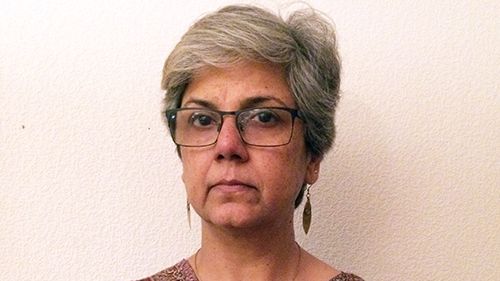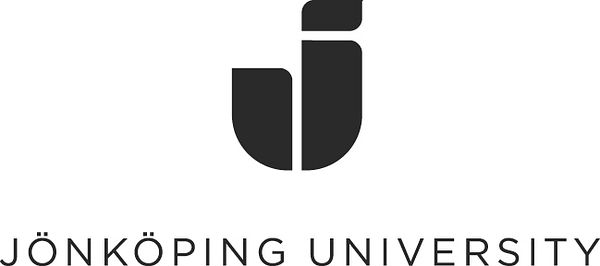
Press release -
The Swedish Research Council supports a unique project
Sangeeta Bagga-Gupta, professor of education at the School of Education and Communication, Jönköping University, has been awarded nearly 8 million from the Swedish Research Council for the project PAL. The project aims to identify educational and other opportunities and success factors for adolescents and young adults in school, at university and in the employment sector from an intersectional perspective.
PAL – Participation for All? School and post-school pathways of Young People with Functional Disabilities – is a unique collaboration between leading Swedish researchers. The project is led by Professor Sangeeta Bagga-Gupta at Jönköping University and the research team includes Associate professor Johan Malmqvist from Jönkoping University, Professor Eva Hjörne and senior lecturer Shruti Taneja Johnson, University of Gothenburg, senior lecturer Ingela Holmstrom, Stockholm University, senior lecturer Giulia Messina Dahlberg, University of Skövde and representatives from the Foundation Mo Gård.
Project PAL aims to generate knowledge that can contribute to improved life opportunities and increased participation in society for people whose functionality varies and where gender and ethnicity are also in focus. The project is currently undergoing an ethical review and will run across four years. It will primarily focus on the situation of the deaf and of individuals diagnosed with ADHD – two groups whose demographics have changed dramatically in the new millennium. Today, almost all deaf infants get a high-tech hearing aid implanted inside the head and an increasing number of children are diagnosed with ADHD.
”We already know that young people with disabilities do not participate in higher education or receive employment opportunities to the same extent as other groups in Sweden. Unemployment among the disabled has quickly risen by 80 per cent and the suicide rate by 100 per cent. The two groups that we especially focus on in this large project are receiving extensive technical and medical support, but their situation has not been mapped from a holistic perspective”, says Sangeeta Bagga-Gupta.
”We’d like to create a nuanced picture of how the Swedish community at large, schools, and social networks affect young people with disabilities and how their pathways into adulthood develop. What is the situation like and why is it developing in a specific manner? What are success factors in the journey to adulthood?”
The project has three parts. It begins with a comprehensive national survey of children and young people in Sweden who are deaf or diagnosed with ADHD. How many pupils with these diagnoses are present in the school system and what type of school are they currently enrolled in? Part two consists of detailed ethnographic case studies where 30 young adults from the two different groups will be studied with a focus partly on their current situation, and partly based on their historic records (from school, rehabilitation, etc.). The aim is to analyse what has shaped their lives and how they have been prepared for adulthood. Part three will identify factors for a successful transition to adulthood through the analyses of Swedish and international studies conducted in various research databases.
Related links
Topics
Categories
Jönköping University Foundation is one of three independent institutions of higher education in Sweden offering postgraduate programmes. It is characterised by focused profiles, internationalisation, an entrepreneurial spirit and collaboration with surrounding society. Research and education are carried out at four schools: Jönköping International Business School, School of Education and Communication, School of Engineering and School of Health and Welfare. Jönköping University has some 10,000 registered students, 725 employees and a turnover of approximately SEK 800 million.
